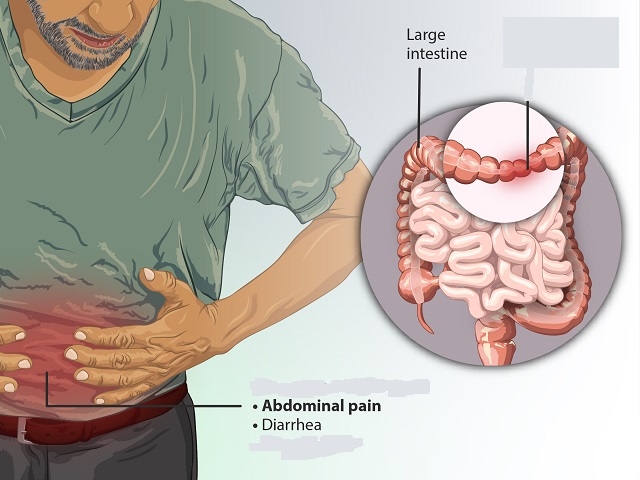9 Signs You May Have Meningitis -- Symptoms, Causes, Effects, Treatment and Prevention
Meningitis is an inflammation of the membranes (meninges) surrounding the brain and spinal cord. It can be caused by viral, bacterial, or fungal infections, and in some cases, non-infectious causes such as certain medications or autoimmune disorders. Meningitis can lead to serious complications and requires prompt medical attention.
Symptoms of Meningitis:
The symptoms of meningitis can vary depending on the age and the underlying cause but may include:
- Sudden high fever
- Severe headache
- Stiff neck and neck pain
- Sensitivity to light (photophobia)
- Nausea and vomiting
- Confusion or altered mental status
- Seizures
- Sleepiness or difficulty waking up
- Rash (in some cases, especially in bacterial meningitis)
Causes of Meningitis:
Meningitis can be caused by various factors:
- Bacterial infections: Bacterial meningitis is often caused by bacteria such as Streptococcus pneumoniae, Neisseria meningitidis, and Haemophilus influenzae.
- Viral infections: Viral meningitis is commonly caused by enteroviruses, herpes simplex virus, and other viruses.
- Fungal infections: Fungal meningitis is usually caused by fungi such as Cryptococcus.
- Non-infectious causes: Meningitis can also occur due to non-infectious causes, including certain medications, cancer, autoimmune disorders, or head trauma.
Effects of Meningitis:
Meningitis can have serious effects on the body, including:
- Brain damage: In severe cases or when treatment is delayed, meningitis can cause brain damage, resulting in cognitive impairments, learning difficulties, seizures, and other neurological complications.
- Hearing loss: Meningitis can lead to permanent hearing loss or deafness, particularly in infants and young children.
- Developmental delays: In children, especially those who experience meningitis at a young age, developmental delays and behavioral changes can occur.
- Meningococcal sepsis: Bacterial meningitis, particularly meningococcal meningitis, can progress to meningococcal sepsis, a life-threatening condition that can cause organ failure and septic shock.
Treatment of Meningitis:
The treatment of meningitis depends on the underlying cause and may involve:
- Hospitalization: Meningitis often requires hospitalization for close monitoring and appropriate medical care.
- Antibiotics or antiviral medications: Bacterial meningitis is treated with intravenous antibiotics, while antiviral medications are used for viral meningitis.
- Supportive care: Supportive measures such as pain relief, fever management, and hydration are provided to alleviate symptoms and support recovery.
- Corticosteroids: In some cases of bacterial meningitis, corticosteroids may be administered to reduce inflammation and complications.
Prevention of Meningitis:
Prevention of meningitis includes:
- Vaccination: Vaccines are available to prevent certain types of bacterial meningitis, such as vaccines against Streptococcus pneumoniae, Neisseria meningitidis, and Haemophilus influenzae.
- Good hygiene practices: Practicing good hygiene, such as regular handwashing, can help prevent the spread of infectious agents.
- Prophylactic antibiotics: Close contacts of individuals with bacterial meningitis may be prescribed prophylactic antibiotics to prevent transmission.
References:
Centers for Disease Control and Prevention. (2020). Meningococcal Disease: Signs and Symptoms. Retrieved from https://www.cdc.gov/meningococcal/about/symptoms.html
World Health Organization. (2021). Meningitis. Retrieved from https://www.who.int/health-topics/meningitis


















